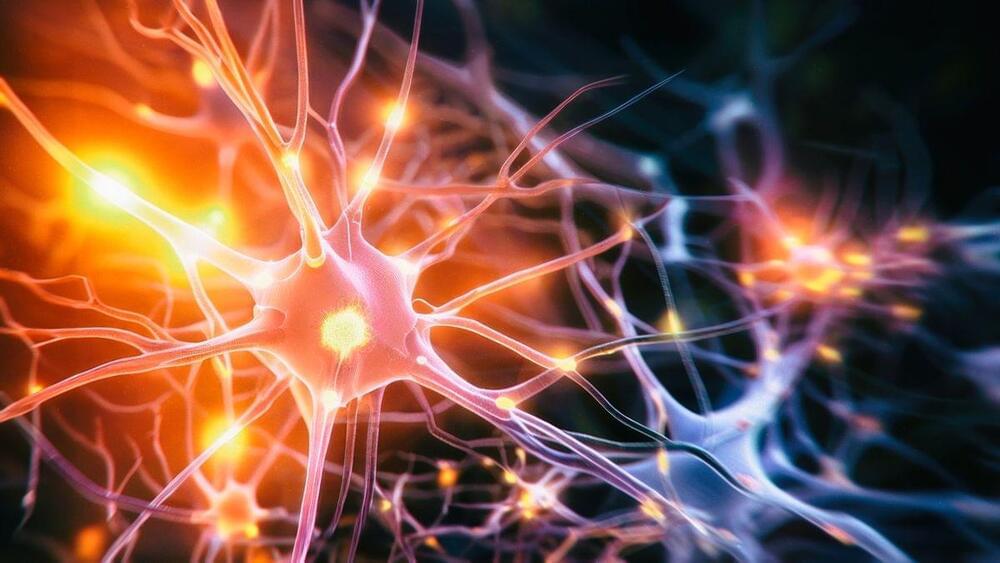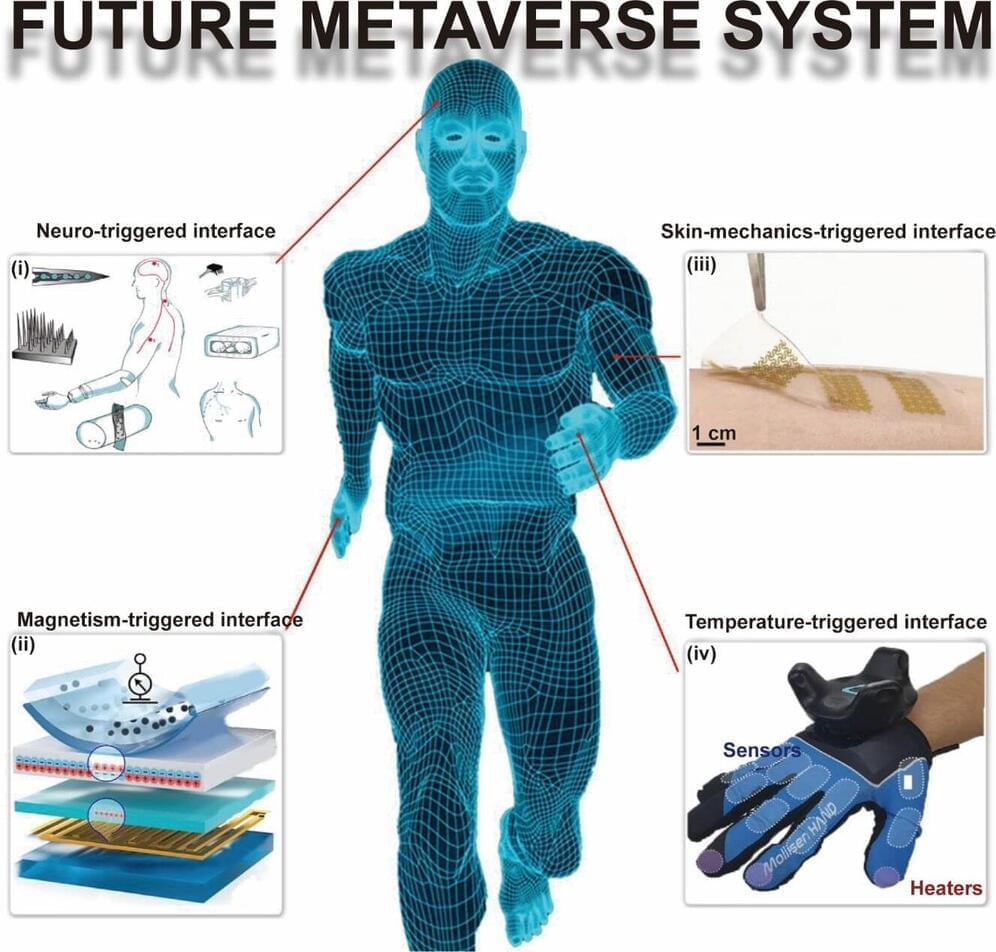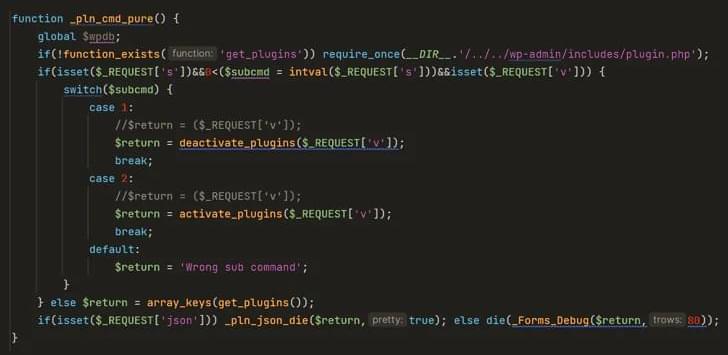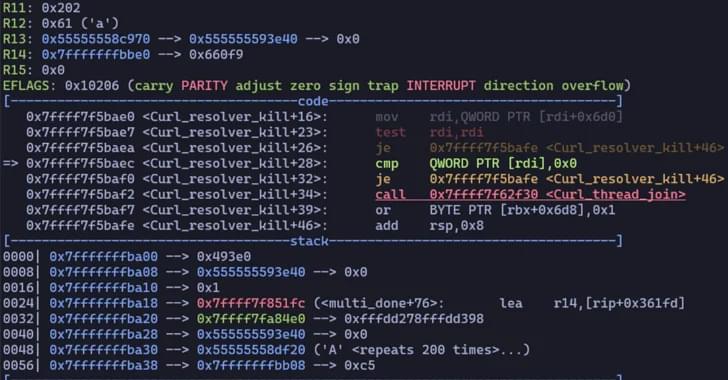With the opioid epidemic getting worse, it’s time for employers to recognize that the problem is far from distant—it’s impacting everyone, including their workforce. Costly treatment and disengaged employees are only a few of the ways opioid addictions may be impacting a company’s bottom line and culture. No one solution will fix the opioid epidemic, but digital care can be an easily accessible starting point. By adopting a digital solution, employers can provide their employees with the proper treatment they deserve, while maintaining a positive, healthy culture where employees can thrive.
Forbes Technology Council is an invitation-only community for world-class CIOs, CTOs and technology executives. Do I qualify?









